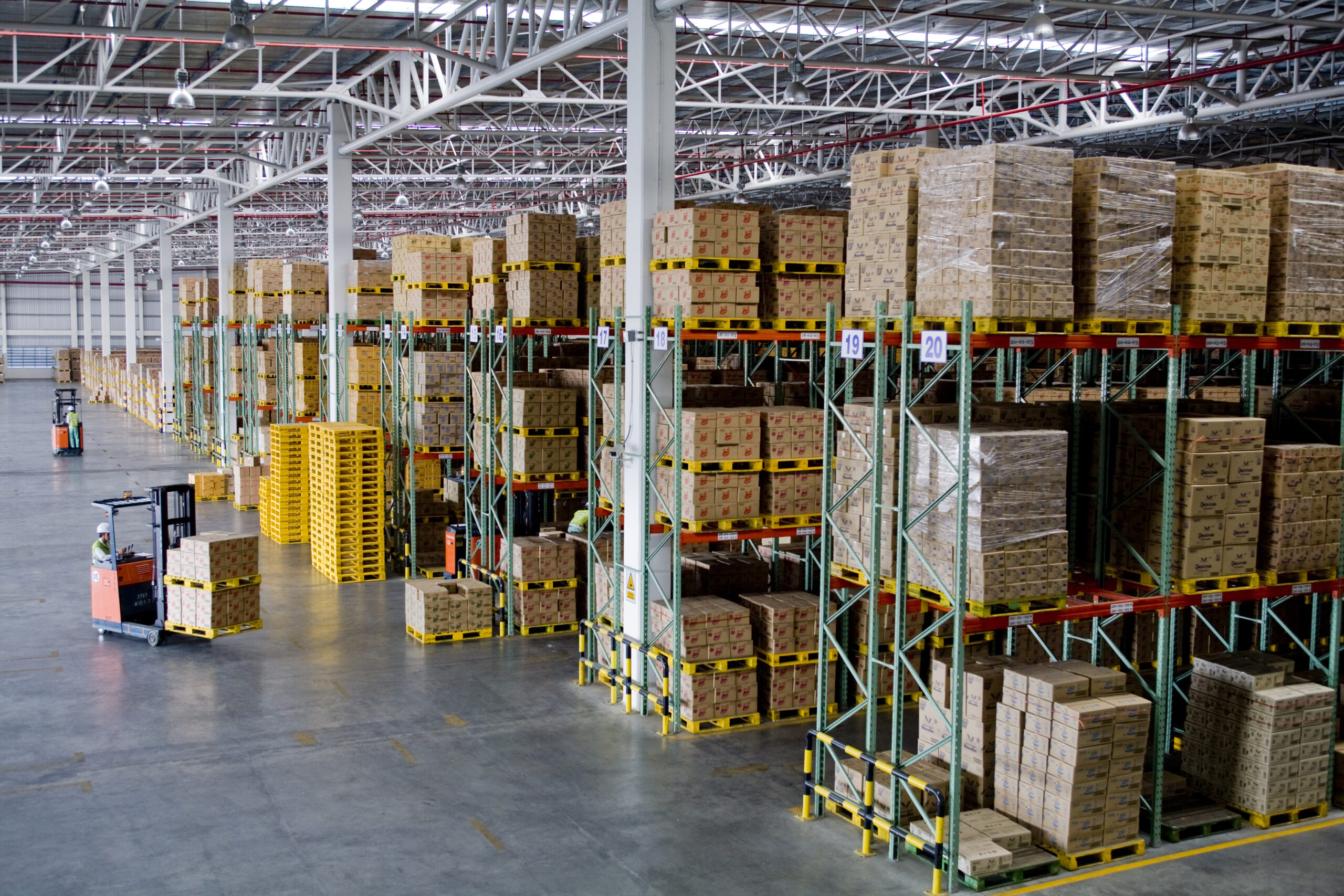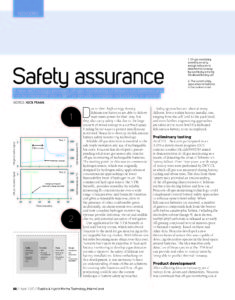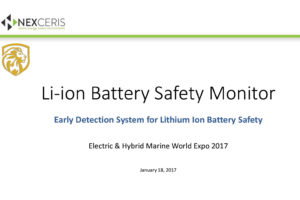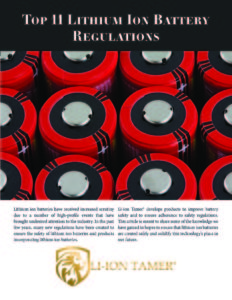Lithium ion batteries provide power and energy densities demanded by many of today’s energy storage needs. For this reason, lithium ion batteries are being utilized in battery systems across a wide range of markets. Li-ion Tamer® battery monitoring systems are designed with the flexibility of these markets in mind. The operating principles of the monitoring systems are applicable to all lithium ion battery chemistries, form factors, and battery system layouts; they also operate independent of the operational state of the batteries and can even provide valuable monitoring of batteries during shipping and storage.

Stationary
Stationary systems are becoming more common for both utility level and behind the meter storage. Battery energy storage systems are commonly coupled with renewable energy generation such as solar panels and are seeing particular growth in areas where the utility grid is unreliable. Li-ion Tamer® system can help protect the valuable assets and reduce the risks associated with energy storage by providing state of the art monitoring solutions.

Electric Vehicles
A cleaner, more sustainable future demands a transition to electric vehicles on a mass scale. And while their popularity has soared in recent years, a rapid transition to EVs could be hampered by several factors, key among them consumer concern over the fire risk posed by powerful lithium-ion batteries.
Now, Nexceris is changing the EV market with Li-ion Tamer EV–the only technology capable of offering detection across the entire range of battery failure cases. We collaborate with global OEMs to help them achieve their electric vehicle transition targets by delivering advanced detection solutions in EV battery packs to enhance safety and reliability of lithium-ion batteries.

Manufacturing
Safety of lithium ion battery systems always begins with quality manufacturing processes. A leaking battery cell can result in premature loss of capacity in the field in addition to safety concerns associated with flammable electrolyte solvents and the generation of HF when it comes into contact with water. Li-ion Tamer® monitoring solutions can be used to ensure that cells are not leaking before they are released from the factory.

Marine
Marine battery safety requirements are developing quickly as adoption of battery systems is beginning to grow. The current regulations are a mix of prescriptive and risk-based rules and include scope concerning off-gassing of batteries. Li-ion Tamer® systems can be used to mitigate risks associated with off-gassing of cells.

Aviation
The driving force to move toward high energy density storage capability of lithium ion batteries in the aviation industry is evident – weight is paramount when you are in the air. But so is safety. The RTCA is actively revising their recommendations to improve the safety of rechargeable lithium ion battery systems that are permanently installed on aircraft. The standard defines three distinct venting categories pertaining to how off-gas emission are vented within the battery system design and requires manufacturers to declare the venting category for their battery. Li-ion Tamer® systems can be used to provide monitoring of all venting categories outlined in their standard. Doing so can improve their situational awareness of the system while providing valuable warning of a failing battery.

Shipping & Storage
All lithium batteries that are shipped are required to pass tests contained in either UN DOT 38.3 or IEC 62281. These regulations assess the robustness of the battery to reasonable misuse scenarios such as impact, shock and vibe, and typical shipping environments such as thermal cycling and altitude changes. This rigor points to the concerns associated with the safety of lithium ion batteries even when they are not in use. Li-ion Tamer® monitoring solutions are the ideal choice for monitoring batteries in shipping and storage since the monitoring systems do not require direct connection or wiring to the batteries themselves. Monitoring your batteries during storage and shipment provide continuous feedback about the health of the batteries while providing and actionable early warning if begins to go wrong.

Laboratory Safety
Lithium ion batteries are used in many different technologies and devices being developed. Often times the battery is not the primary focus of these efforts and can be treated like a commodity item without regard to safe use, storage and operation. Many of these battery packs are used daily in laboratories. Li-ion Tamer® monitoring solutions can help provide peace of mind to your laboratory through providing unique monitoring solutions. Our monitoring solutions are non-contact which means you do not need to continuously make and break connections during your normal use cycles. Monitoring solutions can be implemented for improving the safety of test chambers, use of standalone and embedded batteries, storage, and charging of lithium ion batteries in your laboratory.






